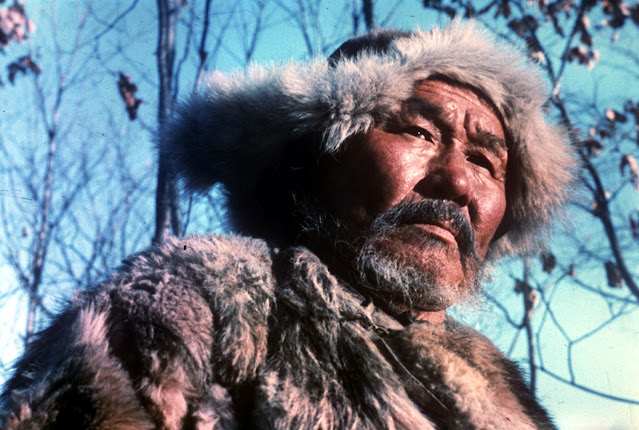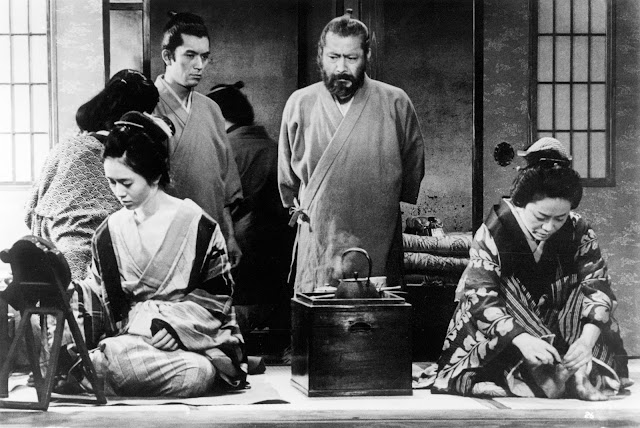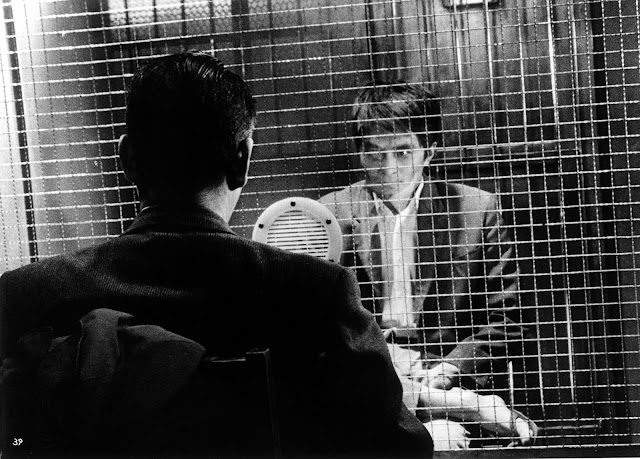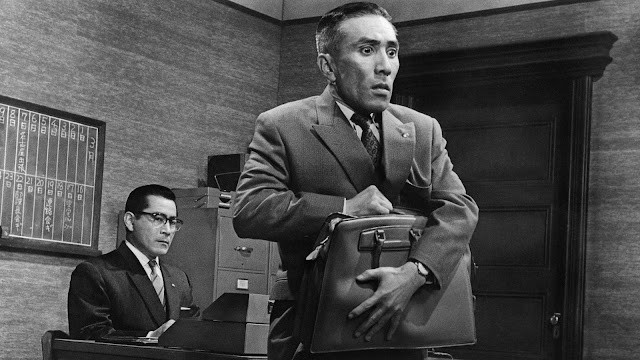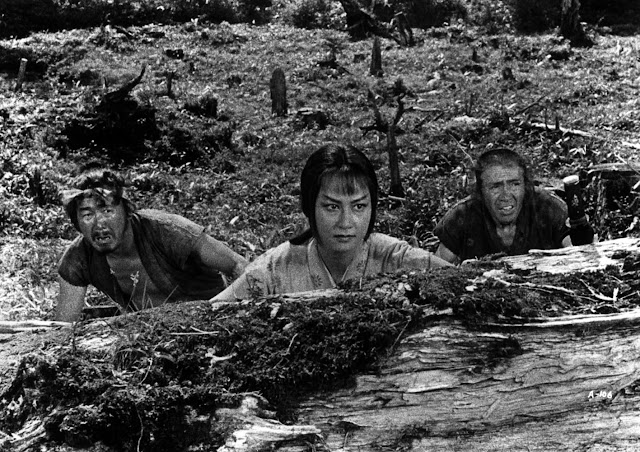Ran (1985)

Akira Kurosawa's "Ran" I've spent the last couple of days considered what to say and write about for Akira Kurosawa's 1985 masterpiece " Ran ." With any normal masterpiece, I feel like there is normally so much to say about it; so much to gush over. While that is certainly true for " Ran ," I also feel myself at a loss for words. The sheer scale of the film is breathtaking, along with the visuals Kurosawa is able to conjure. There's so much that could be said, but I feel as though the film itself does most of the talking. The film is based on William Shakespeare's " King Lear ." It tells the story of an aging Sengoku-period warlord who decides to abdicate as ruler in favor of his three sons. What follows is sheer chaos as the sons begin a campaign of betrayal, destruction, and chaos. One of the reasons for the film's magnificence is its grandiose production design. Kurosawa had entire megastructures built, just to have

